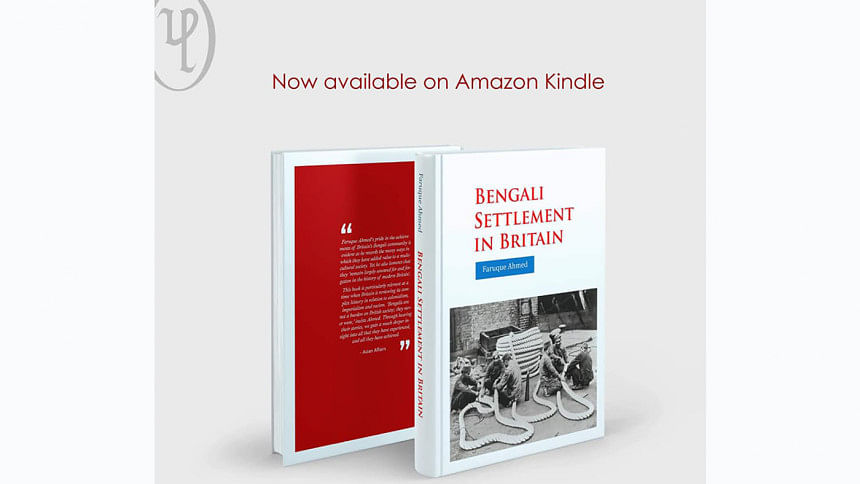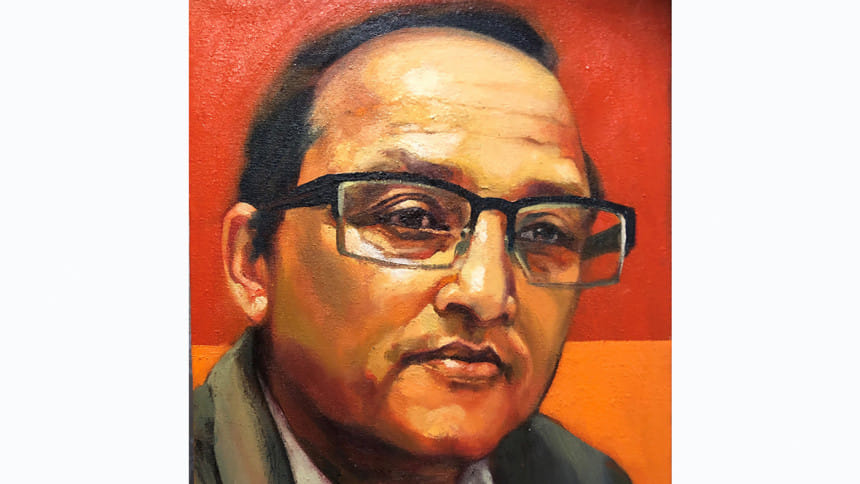New publication on UK Bengali settlement out on Kindle

Migration of Bengalis from South Asia to the outside world started with taking up jobs as lascars (sailors) in the British East India Company's ships which carried precious goods from the Indian subcontinent, such as spice, tea and cotton. In addition, from the second half of the nineteenth century, Bengali educated and wealthy gentlemen began travelling to England mainly to pursue higher education.
Most of the students were men but a few Bengali women including Kadambini Ganguly (1861-1923) from Jessore travelled to Scotland to study medicine. She then went on to work as a doctor, campaigned for women's rights and gave birth to eight children. When a magazine slandered her by calling her a "whore" she sued for damages and the editor was thrown into prison. All these and many other unknown interesting anecdotes are compiled in a new book titled 'Bengali Settlement in Britain' by Faruque Ahmed.
Bengali lascars who had migrated earlier did not wish to settle permanently in England but to return to their native country. Majority of the lascars came from the province of Bengal, now Bangladesh, and in particular from the region of Sylhet, Chittagong, Noakhali and Comilla.

They began settling sparsely in the UK from the 1930s-1940s, a pattern which became widespread during 1950s-1960s. Some Bengalis married English women and in a charming passage, the new book records their wives' names, including Mrs Mohammed, Mrs Peeroo, Calcutta Louisa and Lascar Sally.
To feed their hunger for spice, canteens were established. Bengali chefs produced dishes such as macher jhal. In 1937, an Indian tourist made a list of 16 Indian restaurants across Britain and the book's author reckons there were more than 70 Indian restaurants and another 50 Indian cafés in London by 1946.
Catering remains the principal business venture of the Bengali community in the UK. There are now over eight thousand Indian restaurants in the UK and at least 90% of them are owned and manged by Bengalis. The sector employs as many as one hundred thousand workers and its yearly revenue is more than four billion pounds.
Today, the descendants of these Bengali settlers are identified as British Bengalis. They have taken themselves to new heights through their success in all major sectors, be it in the mainstream education or careers, business or politics. Bengali doctors have found employment within the National Health Service (NHS). Barristers and accountants have started their own businesses and some entrepreneurs have made fortunes through textiles, catering and trading. The community is thriving in all aspects of life, as well as maintaining their rich Bengali cultural identity.
Faruque Ahmed has conducted extensive research on the UK Bengali community for almost three decades and has authored his latest book 'Bengali Settlement in Britain' with a history of about 400 years of migration of Bengalis to the UK. For his book he collected many untold or forgotten stories of Bengali settlers. The book will not only fascinate the history readers but will also thrill the general readers. It will assist the future generation in searching for their roots and heritage too.
'Bengali Settlement in Britain', published by the Dhaka-based University Press Limited (UPL), is currently available in Kindle edition from Amazon. The book will soon be published in print form and in Bengali.

 For all latest news, follow The Daily Star's Google News channel.
For all latest news, follow The Daily Star's Google News channel. 



Comments